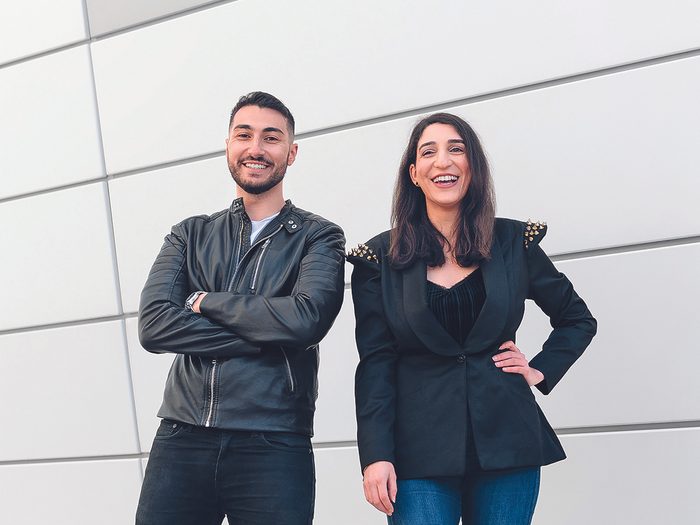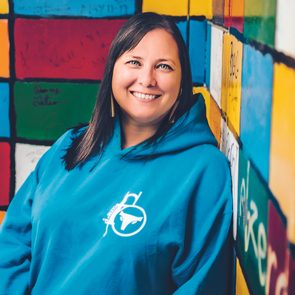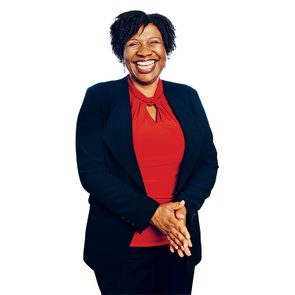This Forum Helps Arab Youth Connect and Find Community

Friends Hani Al-Dajane and Mays Alwash formed Yalla Let's Talk! for Arab youth to share their experiences and have difficult conversations in a safe space.
Back in 2017, Hani Al-Dajane was struggling to figure out where he fit in. Al-Dajane, then 25, was the only Arab at the Toronto law firm where he worked. Every time he scrolled online, he saw mainstream media stories filled with negative stereotypes about his culture—if they included Arab perspectives at all. And, within his own Arab community, he felt there weren’t enough spaces for young people to talk about the issues that mattered to them, such as racism, gender equality or LGBTQ rights.
Finally, he confided in his friend Mays Alwash, a 24-year-old biology student. Both Al-Dajane and Alwash had moved to Canada from other countries (he from Kuwait and she from Iraq), and hit it off in university. Alwash was similarly troubled by the dearth of Arab voices in Canadian society. She also had difficulty connecting with other Arabs about seemingly taboo topics, which made her feel even more unrepresented and isolated. “We realized we couldn’t be the only ones feeling this way,” says Al-Dajane.
The solution, they decided, was to host events for like-minded young Arab adults. In May 2018, they launched Yalla Let’s Talk! (yalla is Arabic for “Come on!”) as an event series, spreading the word through Arab-Canadian youth leaders and social media influencers. Six months later, about 50 participants in their 20s met at a café in Mississauga for the first event. People sat in a circle with Al-Dajane and Alwash moderating. They opened with questions about “choice.” What choices are yours, and what choices are controlled by family pressures? One person likened the idea of community to a chain: there’s only so far you can move before the chain pulls you back. That resonated with others. Like Al-Dajane, the group wanted to loosen their chains without discarding their rich Arab heritage.
Soon, Al-Dajane and Alwash began holding monthly meetups across the GTA. Anyone who identified as Arab or with the immigrant experience could participate. YLT then expanded its volunteer-run events to London, Ont. and Montreal, as well as to cities in the United States and the United Kingdom. In its first year, YLT held 20 café meetups that hosted nearly 1,000 people.
“The meetups were all about encouraging conversations that are usually swept under the rug,” says Alwash. Muslim women who wear a hijab shared the challenges of using dating apps. Black Arabs spoke about the racism they encountered. Some participants shared stories about their experiences with trauma. Others came out as LGBTQ for the first time among other Arabs.
In 2020, with in-person events postponed because of the pandemic, the organization began hosting free YLT virtual cafés via Zoom every Saturday. More than 1,500 people from around the world have attended. Then, last fall, Al-Dajane and Alwash found a way to expand the conversation even further, turning YLT into a full-fledged media company that produces content both as an online magazine and through an Instagram account. Arab staff writers and guest columnists write about subjects as varied as divorce, masturbation, women’s rights and mental health.
Today, Al-Dajane is a lawyer at Emerge LLP, a firm that helps entrepreneurs, which he also co-founded, and Alwash is a PhD candidate in molecular biology at the University of Toronto. Neither feels isolated or anchorless anymore—they’ve built a new community and a meaningful Arab identity for themselves. “We all have different goals and values,” says Al-Dajane, “but the new generation of Arabs has one thing in common: a desire to make a positive difference.”
Next, check out how a mentorship program in Toronto helps vulnerable youth succeed.





